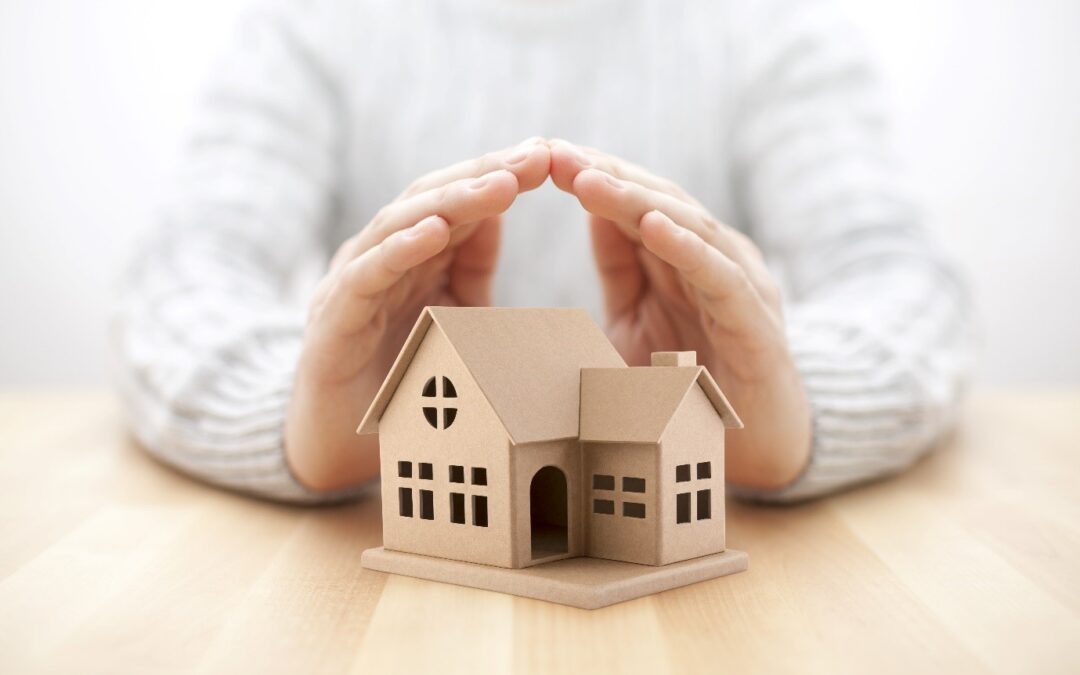Home Safety Tips
We were delighted when Gemma asked us to write a guest article for The Lighthouse Centre website. We know that the support Gemma and her team provide ease a lot of lives and so in keeping with that we wanted to put together a mini home safety guide, which, hopefully will be useful for many people but especially for those with long term illnesses.
Electrical Safety
First, we will cover electrical safety. One of the biggest causes of fire in UK homes, electrical appliances should be visually checked periodically. This also applies for equipment supplied to you on loan from the National Health Service or other providers. Bear in mind that these appliances travel around and whilst they might have recently been PAT Tested, even a short trip to you can be enough to cause a fault. Here is what you need to do to make sure the appliances in your home are safe:
Never overload electrical sockets and get into the habit of turning appliances off rather than on standby.
Check the plug and socket it usually goes into do not show a discolouring or burn that might be caused by overheating. If either are discoloured dispose of the item – better safe than sorry!
Next check the wiring for signs of wear, breaks in the outer sleeve or if the wire is showing at either end. Do not use the appliance if there are any signs of wear.
Next check the casing of the plug and the unit, we advise you not to use items that have cracked or damaged plugs or casings.
Do not use the so called “Socket protectors” these plastic items most commonly used to prevent children from putting things in sockets are dangerous and more likely to cause an electrical fire than prevent shock!
Finally, make sure the cardboard plug diagram has been removed from all appliances. This is a fire hazard.
Should you encounter an electrical fire, do NOT use water to attempt to put the fire out. If you have a home fire extinguisher, generally an ABC powder extinguisher, use that if the fire is relatively small, if not, get out of the home and call 999. Do not go back into the building until the fire brigade says it is safe to do so.
Cooking Appliances
Cooking related incidents are the most common cause of fire in the UK. It is good practice to have a fire blanket stored in your kitchen. These are the best method of tackling an oil fire, read our handy blog, How To Use A Fire Blanket Safely for tips on using these versatile blankets.
Test Your Smoke Alarms
Hidden out of your normal eyeline, sited on the ceiling it is all to easy to fit and forget all about these life saving devices. Even smoke alarms that have been wired in need to be tested. The fire brigade recommends you test your Smoke alarms monthly and a whole heap of smoke alarm advice and maintenance tips on their website.
Carbon Monoxide Alarms
Not as well-known as smoke alarms, Carbon Monoxide alarms can save lives! Hailed as a silent killer, Carbon Monoxide cannot be detected by any of our five senses. It is colourless, tasteless, odourless and deadly. It is produced when fuels such as oil, coal, gas and wood are burned. Some of the most common causes of Carbon Monoxide poisoning are poorly installed, faulty or inadequately maintained household appliances such as cookers, heaters, wood burners and boilers. Carbon Monoxide poisoning risk can be reduced by having your heating and cooking appliances serviced and maintained regularly, for added peace of mind we recommend fitting a Carbon Monoxide alarm, it may well save your life.
General Home Fire Prevention and Planning
It is a good idea to have a home fire plan, especially for homes with young children and homes where occupants have limited mobility. A good way to start this is to walk through your home together discussing possible escape routes. Most fires happen at night so it is likely the entrance doors will be locked. Make sure you have a central location where keys are kept (out of sight of doors and windows to prevent opportunist theft) and everyone knows where they are kept. If you have members of your household with mobility limitations, discuss who will be assigned to them and how you can assist them to evacuate. Remember if there is a fire, get out, stay out and call 999.
The causes of home fires vary but here are some of the most common culprits:
Candles – never leave them unattended.
Portable heaters – make sure they are sited in a sturdy location where they are unlikely to fall over. Never try to dry washing near a fire!
Overheating wires and chargers – pay special attention to phone chargers and vape chargers, never leave them charging over night as they can easily overheat.
Smoking – make sure all cigarettes and pipes etc are properly extinguished. Do not leave unattended.
Do not leave items on your hob unattended
BBQ – make sure your BBQ is extinguished properly, when in use keep away from flammable objects like your fence, shed etc.
We hope you found this article useful.
Until next time… Stay safe!
Andrew Mitchell
FTS Safety Solutions
mail: [email protected]
Telephone:
0330 660 0264
01908 465264
01296 343264

Recent Comments